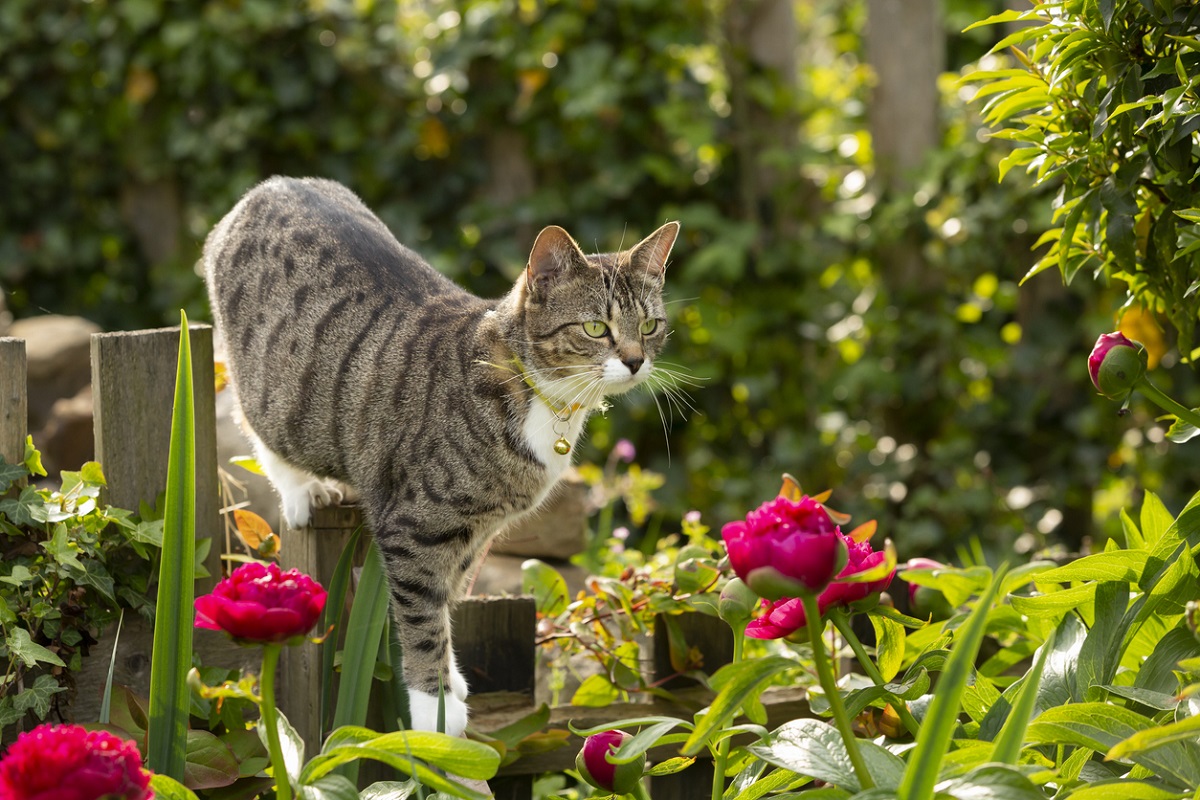The Cat Protection Society of Victoria (CPSV) is urging Victorians to desex their cats during this National Desexing Month.
In 2023 CPSV took in 1,441 cats and kittens seeking refuge at their adoption shelter, of which over 70 per cent were not desexed on arrival, highlighting the widespread issue of owners neglecting to desex their cats.
Dr Sarah Mitchell, Senior Shelter Veterinarian at CPSV, said that desexing and containing your cat are two important steps that benefit not only the individual cat but also the broader community and environment.
“While desexing your cat is primarily about preventing unwanted litters, cats that are desexed and safely contained to their owners’ premises also benefit from living longer, healthier lives. In addition, desexing can reduce some undesirable behaviours such as roaming, fighting and urine spraying.
“Containing a cat to their owner’s property not only improves the safety and well-being of the cat but also keeps wildlife safe from feline predation and avoids unwelcome behaviour on neighbouring properties. Despite this, many owners remain unaware of the benefits of containment to their cat, our native wildlife, and the community in general.”
Of the 79 councils in Victoria, just over half (42) have introduced some form of cat curfew and desexing regulations. For example, in Whittlesea, all cats in the city must be contained to their owner’s property or under effective control when outside, and all newly registered cats must be desexed.
Caitlyn Corrigan, Vet Clinic Manager at CPSV, believes desexing should be mandated and iniatives such as low-cost desexing should be targeted to problem areas.
“At CPSV we’ve established a community desexing program to assist cat owners facing financial constraints. These procedures allow cats to receive a microchip along with a spaying or neutering procedure at a reduced cost.”
“Alongside desexing, cat containment also needs to be ensured for the safety of cats, the protection of wildlife and fostering peaceful communities. Education is the key to changing attitudes and behaviours. It’s pretty straightforward – if you love your cat, you’d keep them contained and desexed so that they can live a long and healthy life.”
Corrigan explained that COVID-19 significantly impacted pet ownership in Victoria.
“Many Victorians adopted cats, but due to restrictions, those not acquired from shelters were often not desexed. Additionally, local council initiatives offering low-cost desexing to residents in financial need were halted during the pandemic, but they are now up and running.
“Cats are prolific breeders. Females can start breeding from 4 months old, having up to three litters a year, with an average of four kittens per litter. Desexing cats before they can reproduce is important to stop unplanned litters and reduce the issues caused by cat overpopulation.”
To stay up to date on the latest industry headlines, sign up to the Pet Industry News e-newsletter.

